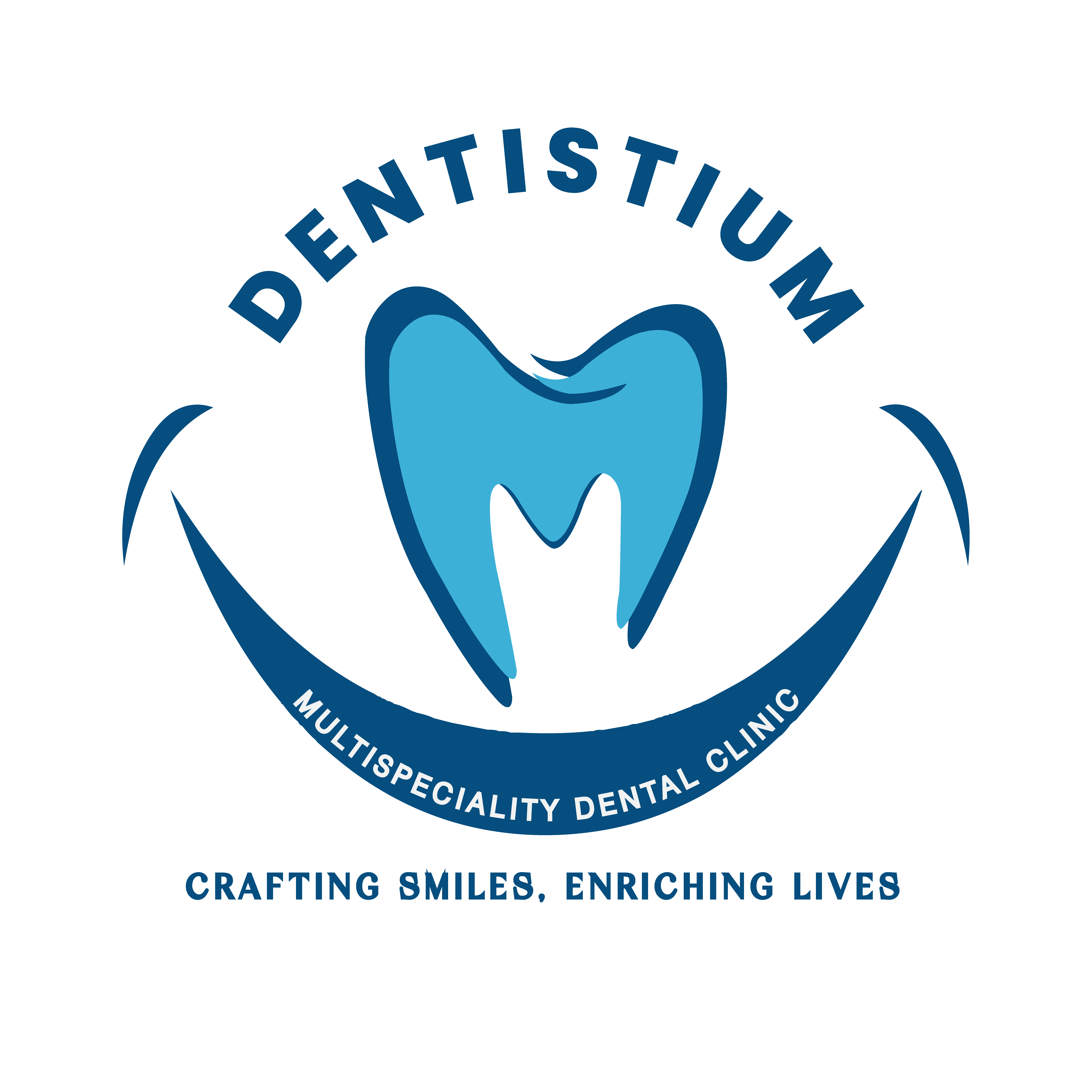Teeth Whitening: Myths, Facts, and Best Practices
Myth 1: Teeth Whitening is Harmful to Your Teeth
A common concern is that teeth whitening can damage the enamel or make teeth more sensitive. In reality, most professional teeth whitening treatments are safe when used correctly. These treatments use bleaching agents like hydrogen peroxide or carbamide peroxide, which are safe for enamel in small amounts. However, overuse or incorrect use of whitening products can lead to problems like sensitivity or gum irritation. It’s important to follow the instructions carefully and consult with your dentist, especially if you have sensitive teeth or underlying dental conditions.
Myth 2: Over-the-Counter Whitening Products Are Just As Effective As Professional Treatments
There are many over-the-counter whitening products available, such as strips, toothpaste, and gels. While these can help remove surface stains, they are generally not as effective as professional treatments in terms of producing long-lasting, noticeable results. Professional whitening treatments typically contain stronger bleaching agents that can penetrate deeper into the enamel and deliver faster, more dramatic results. If you’re looking for a significant whitening improvement, it’s best to consult with your dentist for a treatment tailored to your needs.
Myth 3: Whitening Treatments Can Give You Perfectly White Teeth
While teeth whitening can significantly brighten your smile, it’s important to manage your expectations. Whitening treatments are most effective on yellowish teeth, which are caused by staining from food, beverages, or smoking. If your teeth are naturally grayish or discolored due to medication or genetics, whitening treatments may not have the same effect. It’s important to have a consultation with your dentist to determine the best approach for your individual situation.
Fact 1: Teeth Whitening is Not Permanent
It’s a common misconception that teeth whitening results last forever. The effects of whitening can last anywhere from a few months to a year, depending on your lifestyle and habits. Consuming foods and drinks that stain your teeth, like coffee, tea, or red wine, can cause the whitening effect to fade more quickly. Smoking can also reverse the results. To maintain your white smile, you may need touch-up treatments or daily care with whitening toothpaste.
Fact 2: Professional Teeth Whitening is Customizable
One of the biggest advantages of professional whitening treatments is that they can be customized to meet your specific needs. Your dentist can assess the condition of your teeth, identify the cause of discoloration, and recommend a whitening treatment that works best for you. Whether you need a single-session in-office treatment or at-home trays that you use over a period of time, your dentist can provide the right solution to get the best results.
Best Practice 1: Consult with Your Dentist Before Whitening
Before starting any whitening treatment, it’s a good idea to consult with your dentist. They can help you determine whether whitening is the right choice for you and ensure that your teeth are in good health. If you have cavities, gum disease, or other dental issues, these should be addressed first. Your dentist may also suggest the best whitening treatment based on your dental history and lifestyle.
Best Practice 2: Follow Post-Treatment Care
After a whitening treatment, your teeth may be more sensitive than usual. To help reduce sensitivity, avoid consuming hot or cold foods and drinks for a few days. It’s also important to avoid foods and drinks that can stain your teeth, such as coffee, tea, and berries. Using a gentle toothpaste designed for sensitive teeth can also help soothe any discomfort.
Best Practice 3: Maintain Good Oral Hygiene
The best way to keep your teeth white after a whitening treatment is by maintaining good oral hygiene. Brush your teeth twice a day with fluoride toothpaste, floss daily, and visit your dentist for regular check-ups and cleanings. Avoid habits like smoking and excessive consumption of staining foods and drinks to prolong the results of your whitening treatment.
Teeth whitening can be a safe and effective way to brighten your smile, but it’s important to be aware of the myths and facts surrounding it. By consulting with your dentist, choosing the right treatment, and following best practices for maintenance, you can achieve a beautiful, healthy smile. Remember, there is no one-size-fits-all solution when it comes to teeth whitening, so take the time to find the approach that works best for you. If you’re considering whitening, make an appointment with Dentistium today to learn more about your options and get started on your journey to a brighter smile.


